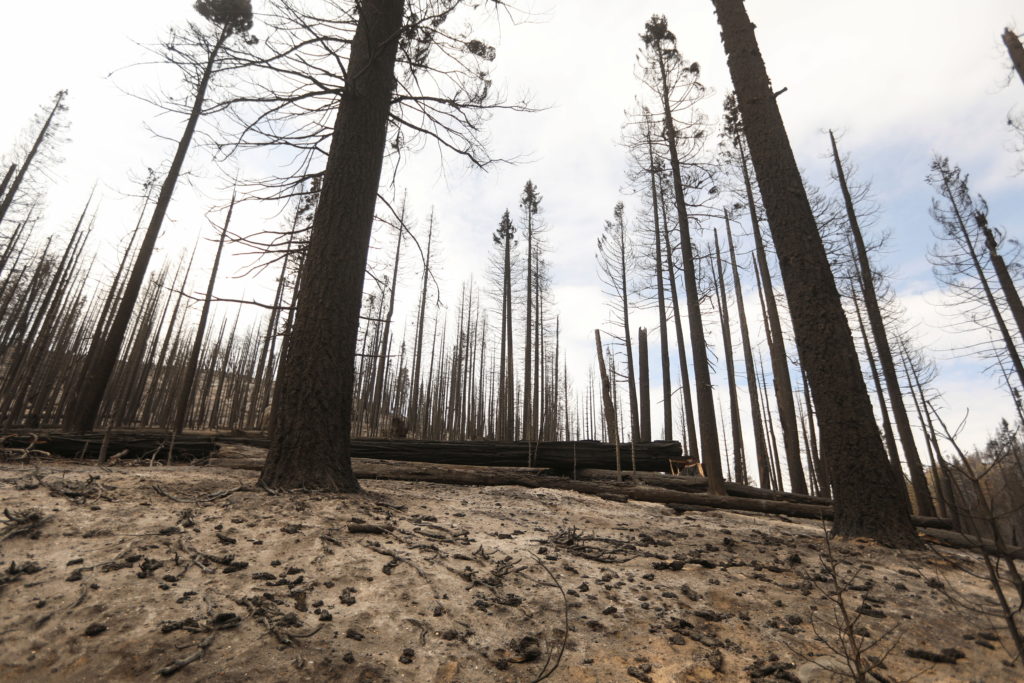The U.S. Forest Service is seeking public comment through September 20 on its proposed National Old Growth Amendment that will affect how millions of acres of national forests will be managed.
Conserving older forests is critical. But we’re concerned the amendment will add unnecessary bureaucratic delays that hinder the urgent forest health treatments needed to combat wildfire, insect infestations, and disease—threats that have already destroyed nearly 700,000 acres of old growth forests on federal lands over the last 20 years.
Click here to visit the U.S. Forest Service’s website to submit a comment by September 20
 Here’s why your voice matters:
Here’s why your voice matters:
The primary threats to old growth forests aren’t chainsaws or commercial logging, as the Forest Service’s own analysis confirms.
Instead, the major threats are severe wildfires, insect infestations, and disease. Unfortunately, the proposed amendment adds layers of bureaucracy and red tape, instead of prioritizing active forest management to mitigate these natural threats.
Under the current process, it already takes years for the Forest Service to implement forest health treatments, which are critical to reducing the risk of catastrophic wildfires. These delays are often made worse when projects are halted by litigation.
The Forest Service’s threat assessment highlighted that over 70% of mature and old growth forests are at high risk of wildfire-caused mortality. This is compounded by the fact that forests in areas reserved from active management, such as wilderness areas, have seen greater losses of old growth than forests where limited timber harvest is allowed. In contrast, old growth forests have actually increased on managed forests.
Your comments can make a difference. We encourage you to visit the Forest Service’s website to make sure your voice heard. Here are some key points:
- Severe wildfires are the greatest threat to our forests, wildlife and communities. We need policies to accelerate forest thinning and other management activities.
- Extra bureaucracy won’t save our forests—proactive stewardship will. Empower our public lands managers to do their jobs and take care of the forests.
- Rather than adding more red tape and litigation to the management of our federal forests, individual national forests should focus on implementing the Wildfire Crisis Strategy through their existing forest plans to achieve desired conditions on these landscapes.
Submit your comment by September 20 clicking here. Every voice matters!



